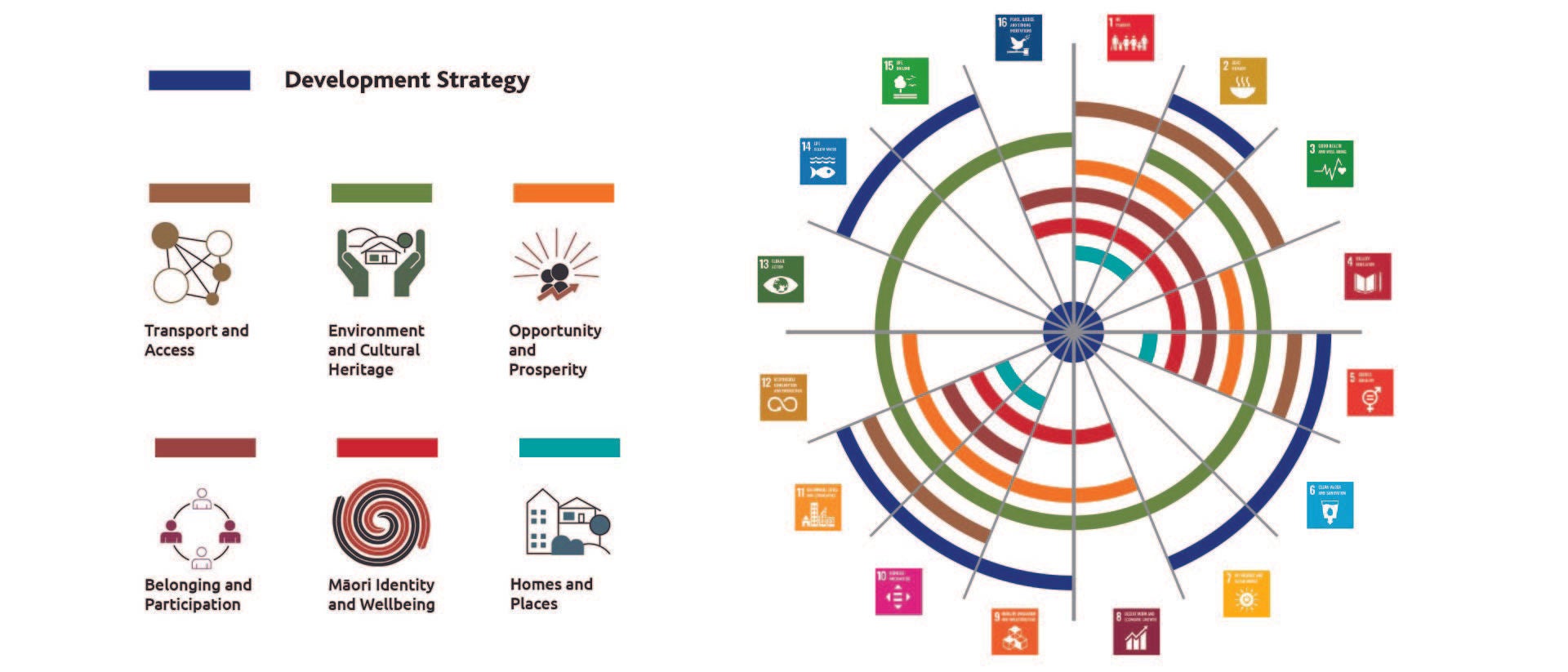United Nations Framework Convention for Climate Change
The United Nations Framework Convention for Climate Change (UNFCCC) was adopted by over 185 countries, including New Zealand at the Rio Earth Summit in 1992.
It entered into force on 21 March 1994 and now has near-universal membership with 197 parties to the Convention.
The UNFCCC gave countries the opportunity to mitigate climate change and it:
- recognised there was a problem
- set a specific goal to stabilize greenhouse gas concentrations at a level that would prevent dangerous anthropogenic (human induced) interference with the climate system
- put the onus on developed countries to lead the way
- directed new funds to climate change activities in developing countries
- set up a process to monitor the issue and actions being taken to deal with it
- charted the beginning of a path to strike a balance between economic development and mitigating climate change
- began formal consideration of adaptation to climate change.
Paris Agreement
The Paris Agreement is one of the most recognised agreements within the UNFCCC. It was the result of negotiations at the 21st Conference of the Parties (COP) to the UNFCCC in 2015.
The Paris Agreement entered into force on 4 November 2016, 30 days after the date on which at least 55 parties to the UNFCCC accounting in total for at least an estimated 55 per cent of the total global greenhouse gas emissions Gases emitted to the atmosphere which contribute to the greenhouse gas effect, in which more than the normal amount of atmospheric heat is retained in the atmosphere. These emissions include water vapour, carbon dioxide, nitrous oxide, methane, ozone, halocarbons and other chlorine and bromine-containing substances., had ratified the Agreement.
One of the central components of the Paris Agreement was to reaffirm the long-term goal of holding the increase in the global average temperature to well below 2 degrees Celsius above pre-industrial levels The global average CO2 levels before the Industrial Revolution (1750). and pursuing efforts to limit the temperature increase to 1.5 degrees.
This has formed the basis of commitments that Auckland Council has made as members of C40 Cities and the Climate Leaders Coalition.
To deliver on the Paris Agreement, each party to the agreement is required to prepare, communicate and maintain successive nationally determined contributions (NDCs) that it intends to achieve.
New Zealand’s NDC is to reduce greenhouse gas emissions by 30 per cent below 2005 levels by 2030.
Read more about New Zealand and the United Nations Framework Convention on Climate Change.
The Sustainable Development Goals
The Sustainable Development Goals (SDGs) are a collection of 17 goals designed to be a “blueprint to achieve a better and more sustainable future for all". The SDGs were adopted by all UN Member States in 2015 and set out a 15-year plan to achieve the goals.
While the SDGs acknowledged that UNFCCC is the primary international, intergovernmental forum for negotiating the global response to climate change The long-term shift in global or regional climate patterns attributed directly or indirectly to human activity. GHG’s emitted into the atmosphere through human activity alter the composition of the global atmosphere, causing rising global temperatures and changing weather patterns in addition to natural climate variability., SDG 13 Climate Action and SDG 11 (Sustainable Cities and Communities) includes targets and action areas focused on addressing climate change mitigation The action of reducing the severity, harm and seriousness of climate change through emissions reduction and adaption Actions taken to help communities and ecosystems cope with changing climate condition (UNFCCC). .
Auckland Council has reviewed the Auckland Plan against the specific goals and targets set out within the SDG framework. This has shown a strong link between the Auckland Plan and the direction that it sets out for Auckland with the achievement of the SDGs.
Delivering the Auckland Plan and supporting strategies, such as this climate plan, plays a key part in Auckland’s response to the SDGs.
C40 Cities
The C40 Cities Climate Leadership Group is a group of over 90 global cities that are committed to taking bold climate action, leading the way towards a healthier and more sustainable future.
Auckland has been recognised as an Innovator City within the C40 network since 2015 and has endorsed a range of C40 commitments, including:
- Green and Healthy Streets Declaration
- Advancing towards Zero Waste Declaration (PDF 10.53MB)
- Global Green New Deal.
As a member of C40 cities, Auckland is also committed to adopting a climate action plan that will deliver action consistent with the objectives of the Paris Agreement – an integrated and inclusive plan that addresses the need to:
- reduce greenhouse gas emissions
- adapt to the impacts of climate change
- deliver wider social, environmental and economic benefits.
This climate action plan delivers on that commitment.

